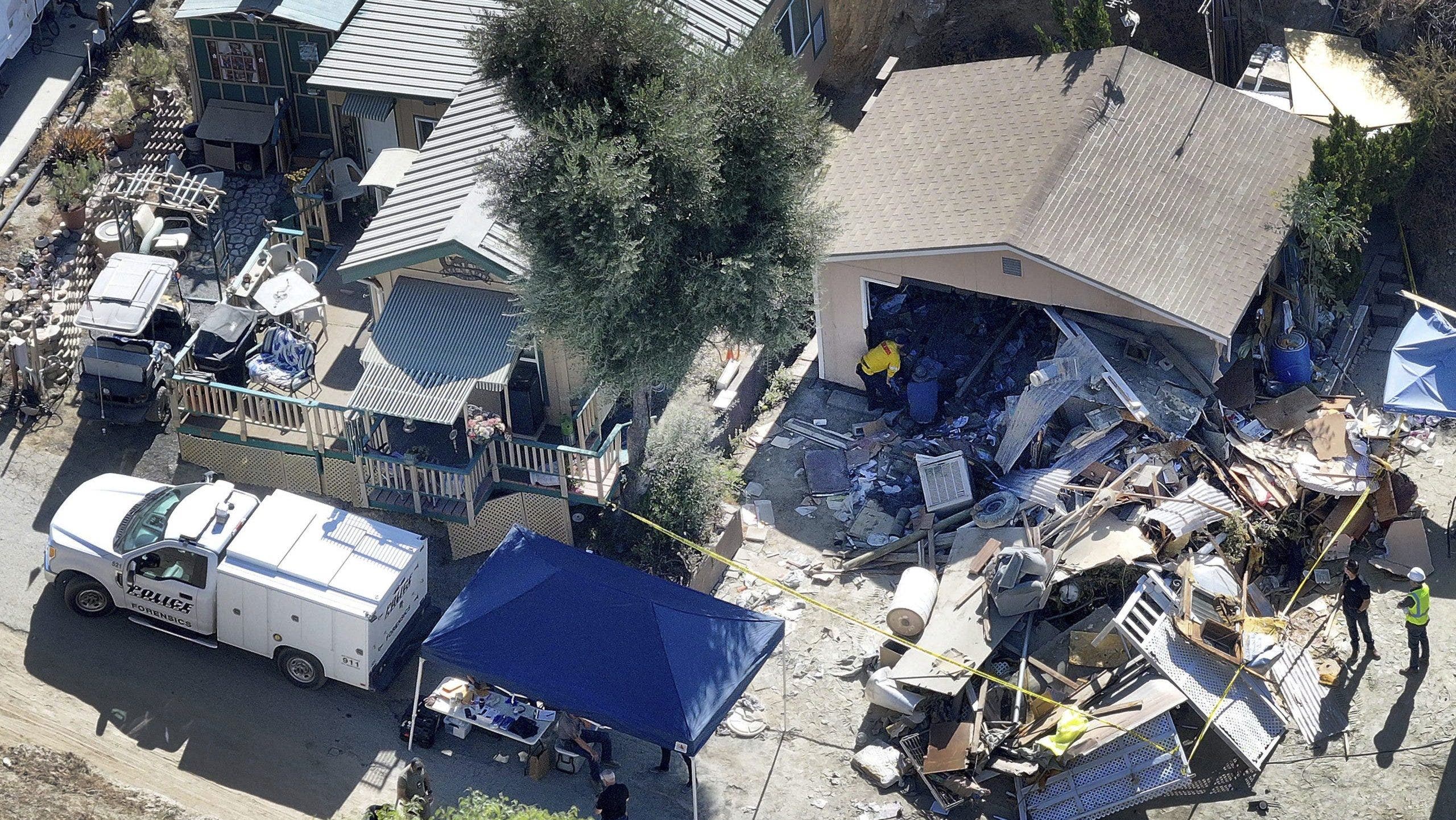NEWYou can now listen to Fox News articles!
Lawmakers are debating what role Congress should play as the White House weighs its options in Iran.
Does the legislative body have sole power to declare war, or should that power be ceded to the president?
The back and forth comes as President Donald Trump mulls whether to join Israel in its campaign against Iran or continue pushing for a diplomatic end and return to the negotiating table to hammer out a nuclear deal with the Islamic Republic.
THUNE WARNS IRAN SHOULD RETURN TO NEGOTIATING TABLE ‘IF THEY’RE SMART’
Helping to ignite the arguments on Capitol Hill are a pair of resolutions in the Senate and House that would require debate and a vote before any force is used against Iran. The measures are designed to put a check on Trump’s power and reaffirm Congress’ constitutional authority.
Senators on both sides of the aisle are divided on whether they believe they have sole authority to authorize a strike against Iran or if Trump can do so on his own volition. A predominant argument is that the entire point of supporting Israel is to prevent the Islamic Republic from creating or acquiring a nuclear weapon.
‘ANOTHER ENDLESS CONFLICT’: DEMOCRAT ECHOES TRUMP’S ANTI-WAR STANCE AS MIDDLE EAST TENSIONS ESCALATE
Israel has been successful in taking out a few pieces of infrastructure that were key to that mission but has yet to do real damage to the highly-fortified Fordow Fuel Enrichment Plant and would likely need help from the U.S. to crack through the layers of rock shielding the site.
“The Constitution says the prerogative to declare war, the power to declare war, is solely from the Congress,” Sen. Rand Paul, R-Ky, told Fox News Digital. “It can’t originate from the White House. There is no constitutional authority for the president to bomb anyone without asking permission first.”

The Constitution divides war powers between Congress and the White House, giving lawmakers the sole power to declare war, while the president acts as the commander in chief directing the military.
Then came the War Powers Act of 1973, which sought to further define those roles and ensure that the president has to give Congress notice within 48 hours of the deployment of troops who can only be deployed for 60 days. Notably, Congress has not formally declared war since World War II.
MASSIE TO FIELD ‘BIPARTISAN WAR POWERS RESOLUTION’ TO BAR US FROM ISRAEL-IRAN WAR, AOC SIGNALS SUPPORT
“There’s really no argument for why he couldn’t obey the Constitution,” Paul said. “Now, my hope is that he won’t do it, his instincts for restraint would prevail.”
Fox News reached out to the White House for comment.
Sen. John Kennedy, R-La., disagreed with Paul and said he believed Trump had the ability to authorize a strike but acknowledged it was “mixed” and “clouded” when factoring in the War Powers Act.
“It’s clear that both Congress and the president have a role to play,” he said. “But if you’re suggesting, should the president come to Congress first making that decision, it’s conditioned upon what year you want Congress to make a decision. Sometimes it takes us months, even years, to get nothing done.”

Senate Majority Leader John Thune, R-S.D., told reporters he believed Trump was “perfectly in his right to do what he’s done so far” and reiterated that the ultimate goal was to prevent Iran from having a nuclear weapon.
Senate Republicans have found an unlikely ally among Democrats in Sen. John Fetterman, D-Pa., who has vehemently advocated for Israel while his party has wavered.
Fetterman told Fox News Digital he did not believe a strike on Iran was “starting a war,” echoing Thune’s sentiment that “we have a very specific mission to destroy the nuclear facilities. That’s not a war. That is a necessary military … exercise to destroy a nuclear facility.”
And Sen. Ron Johnson, R-Wis., told Fox News Digital “it’s never been ruled” whether the War Powers Act was constitutional, but he noted that the act still gave the president the authority to act as commander in chief.
“I think it’s pretty much an irrelevant point if President Trump decides to aid Israel with some military action with those bunker-busting bombs,” Johnson said. “It’s well within the timeframe of him coming under some kind of congressional action.”

Still, Sen. Tim Kaine, D-Va., who introduced his war powers resolution Monday, believed the measure was gaining momentum among his colleagues.
Kaine told Fox News Digital that, as events have developed, it made the “urgency” of his resolution more apparent. He also expected it would get a vote in the Senate sometime next week. He argued that some Republicans would “very much want to be in the middle of hostilities with Iran.”
“But the interesting thing is, they’ve never introduced a war authorization because their constituents would say, ‘Are you nuts?’” he said. “And, so, they would like the president to do it, but they wouldn’t want to do it themselves.”
When asked if that was a move to shift blame elsewhere, Kaine said, “They think it will, but it won’t.”
Read the full article here















